ACKNOWLEDGMENTS
Right now, my five-year-old daughter, Asha, is learning how to read. Reading to her, hearing her put new sounds together, seeing her determinedly page through books, and watching her teach her little sister, Kiran, to do all these same things comprise some of my most precious daily pleasures. Among my many hopes for my daughters is that reading becomes a central, treasured practice in their livesa practice of empathy, solace, learning, imagination, solitude, and communityas it is for so many of us who love to read. I am grateful for the opportunity to watch this burgeoning literacy developing in my own home. It is a very personal and literal example of the practices and privileges of reading that reminds me of the fellowship and family of readers who have enabled me to complete this book.
I give my most heartfelt thanks first to the generous, insightful group of readers in the Network of South Asian Americans book club in Washington, DC, who took time out of their busy schedules, let me into their homes, agreed to have coffee or lunch with me, all in the service of helping me, a stranger, to complete this research. I especially want to thank the two leaders of the book club at the time that I was completing this ethnography for their unwavering support and interest in this research. I felt so fortunate to be working on a project that allowed me to discuss books with all of you.
My memories of the University of Michigan, where this project began, are particularly fond because of the excellent mentorship, guidance, and support I received, particularly from Sarita See, June Howard, and Meg Sweeney. Sarita, you remain for me a model of integrity, intellectual generosity, and compassion. Ill never forget your encouragement and your reminders to focus on the things that matter most to me. June, without you, I would have never been able to imagine this project into being. Youve never failed to help me make sense of things. And Meg, I thank you for your inspiring work on readership and for helping me so graciously and with such close attention to improve an early draft of the introduction.
I also want to thank my colleagues at the University of Maryland Baltimore County. In the American Studies department, Nicole King, Theo Gonzalves, and Michelle Stefano have read various proposals and drafts and offered their guidance and support all the way. They also happen to be incredibly fun people to hang out with. Im also grateful to Warren Belasco, Pat McDermott, Kimberly Moffitt, and Ed Orser for their advice and collegiality over the years. Nicoleta Bazgan, my kindred spirit, thank you for always celebrating and commiserating as need be. Jason Loviglio, your guidance was invaluable to me as I made the transition from graduate student to assistant professor. Rebecca Adelman, you are an inspiring scholar and good friendso glad were in this together.
My colleagues in Asian American studies have provided an outstanding network of friendship, mentorship, and readership. Crystal Parikh, Pam Thoma, and Daniel Y. Kim, in addition to sharing some wonderful meals and drinksyou all have helped me to begin and finish this book, talking through the major concepts, reading chapters, explaining the publication process, and introducing me to new ideas and wonderful people. Crystal and Pam, I do not know how I would have finished this book without your support and I hope you know that I am ever grateful to you both. In myriad official and unofficial ways I have benefited from the mentoring and comradery of my colleagues in the field of Asian American studies; thank you Anita Mannur, Pawan Dhingra, Cathy Schlund-Vials, Anupama Jain, Yoonmee Chang, Min Hyoung Song, Bakirathi Mani, Nitasha Sharma, Lavina Dhingra, Rajini Srikanth, and Rani Neutill for your advice, for leading by example, and for your excellent contributions to the field. I was also fortunate to attend the inaugural East of California Junior Faculty Mentoring Workshop sponsored by the Association for Asian American Studies early on in my career as an assistant professor and benefited there from the wise guidance of Tina Chen, Sue Kim, Miliann Kang, Judy T. Wu, and Eric Hung.
Jigna Desai, when I wanted to give up, you helped me figure out how to keep going, as I know you have done for so many people. Your incisive comments on this book allowed me to see its potential and I feel truly grateful to count you as a friend, colleague, and mentor. Vanita Reddy, I feel like youve been next to me every step of the way. You have sustained me throughout this process, reading drafts, offering insight, and just talking through ideas. I feel so lucky to know that I have a friend as supportive and brilliant as you on my side. Anantha Sudhakar, the time we have spent together has had a huge impact on me: you have taught me so much, not only about South Asian American studies, but also about compassion and facing lifes challenges with grace. Manan Desai, thank you for reading messy, early drafts of various chapters for me, and thank you for being a supportive and skeptical companion in this whole academic enterprise, from our days as graduate students to the present. Ji-Hyae Park, I am so lucky to have a friend who is such a brilliant and voracious interpreter of all kinds of texts as you are.
Dawn Durante, my editor at the University of Illinois press, I thank you for making this whole daunting process feel manageable. I have felt since I first met you that you have been an enthusiastic advocate for this project, and I am so grateful for your support and the support of the series editors as well as the editorial team at the press. I owe a particular debt of gratitude to Anita Mannur and Martin Manalansan for helping me to find a name for this book when I was at an impasse. I also give thanks to MELUS for allowing me to reprint in chapter 5 a portion of my essay Being (and Feeling) Gogol: Reading and Recognition in Jhumpa Lahiris The Namesake , which was first published in MELUS 37.1 (2012): 10529.
And finally, I give thanks to my friends and family:
Thanks to Jaime Pseres who not only listens patiently to my worries about work but who is my daily confidante on just about everything else.
Thank you to my inspiring mother, Ann Bhalla, an autodidact, a woman who has written two novels. You were the very first person to teach me the pleasures of reading.
Thank you to my father, Subhash Bhalla. I hope now you see what Ive been working on for years. Thank you for your support, your kindness, and most of all, for your love, even when the whole enterprise seemed questionable.


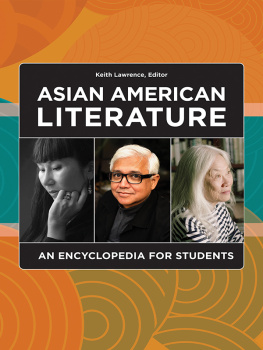
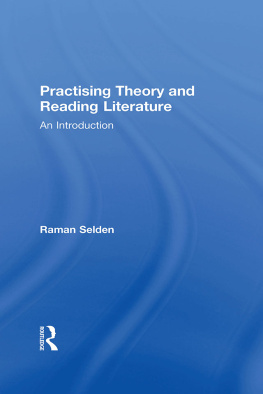
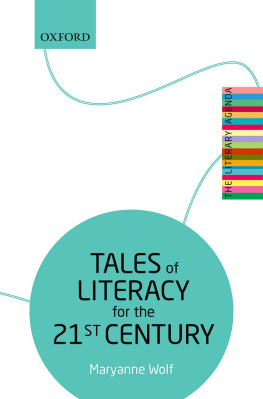
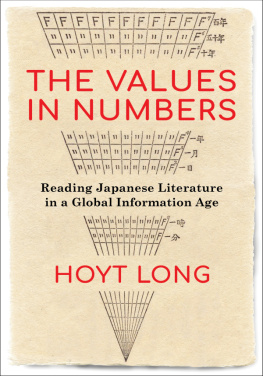
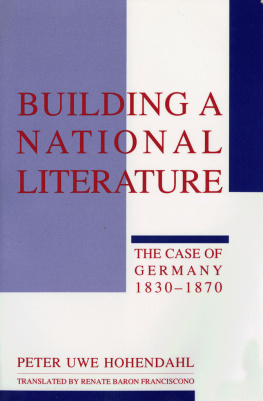
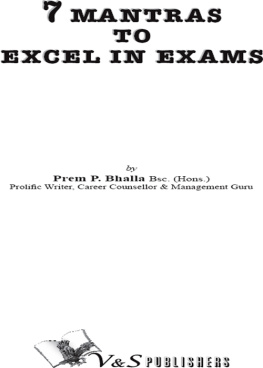
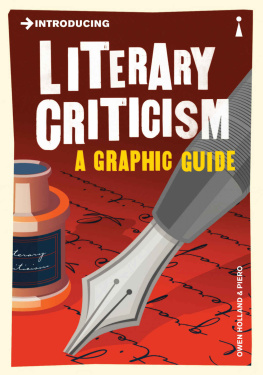
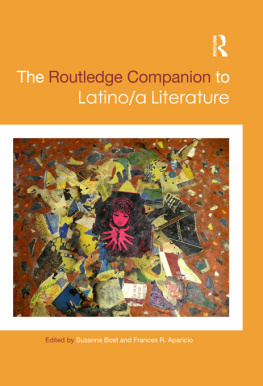


 This book is printed on acid-free paper.
This book is printed on acid-free paper.